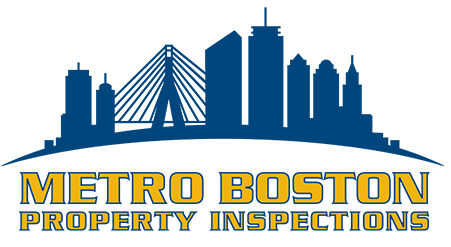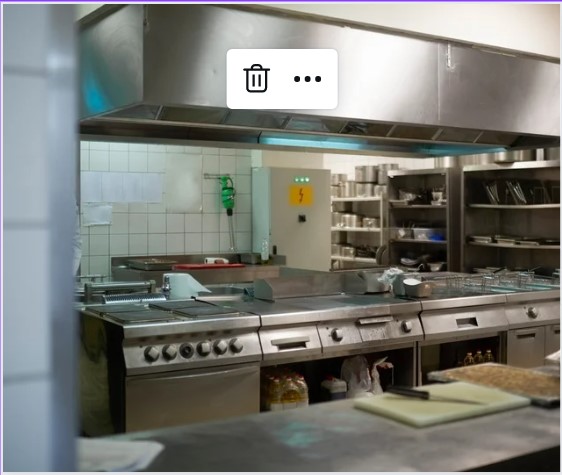Assessing the Potential of Commercial Real Estate: A Comprehensive Restaurant Inspection Guide
Introduction:
When it comes to commercial real estate, few ventures are as exciting and rewarding as owning or leasing a restaurant space. However, before diving headfirst into a promising deal, it is crucial to conduct a thorough inspection of the property to ensure it meets your requirements. In this blog post, we will walk you through the essential aspects to consider during a commercial real estate inspection of restaurants. From evaluating the infrastructure to assessing the overall condition, this guide will equip you with the knowledge needed to make an informed decision and set yourself up for success.
Location, Accessibility, and Neighborhood:
Before stepping foot inside a potential restaurant property, analyze its surroundings. Consider factors such as foot traffic, nearby businesses, and parking availability. A prime location can significantly contribute to the success of your restaurant venture. Additionally, evaluate the accessibility of the space, including proximity to major roads and public transportation, as it can impact the volume of potential customers.
Infrastructure and Layout:
The layout and infrastructure of a restaurant space play a pivotal role in its functionality and potential for success. Assess the overall floor plan, ensuring it aligns with your envisioned restaurant concept. Consider the placement of the kitchen, dining area, bar, restrooms, and storage spaces. Evaluate the condition of electrical, plumbing, and HVAC systems to ensure they meet the necessary codes and requirements. If major modifications or upgrades are needed, it’s essential to factor them into your budget and timeline.
Building and Structural Integrity:
Thoroughly inspect the building’s structural elements to ensure they are sound and safe. Look for signs of water damage, cracks in the foundation, or any other structural issues that may require costly repairs. Engage professionals, such as structural engineers or building inspectors, if necessary, to provide an expert opinion on the integrity of the property.
Compliance with Building Codes and Regulations:
Operating a restaurant comes with numerous regulations and building codes that must be followed. Check if the property complies with local health, fire safety, and zoning regulations. Consider factors such as proper ventilation, ADA accessibility, fire suppression systems, and the availability of necessary permits. Failure to meet these requirements can result in delays, fines, or even forced closure of your establishment.
Kitchen Equipment and Appliances:
The heart of any restaurant lies in its kitchen. Inspect the existing equipment and appliances to assess their condition, functionality, and compliance with industry standards. Evaluate the age and maintenance history of refrigeration units, ovens, stoves, ventilation systems, and dishwashing facilities. Replacing or repairing faulty equipment can add significant costs to your budget, so ensure you have a clear understanding of their condition.
Health and Safety Considerations:
Maintaining a safe and healthy environment is paramount in the restaurant industry. Look for signs of pests, mold, or any other potential health hazards. Assess the cleanliness of the space, including food preparation areas, storage facilities, and restrooms. Familiarize yourself with local health department requirements and ensure the property can meet them.
Conclusion:
A comprehensive commercial real estate inspection is vital when considering a restaurant space. By evaluating the location, infrastructure, building integrity, compliance with regulations, kitchen equipment, and health and safety considerations, you can make an informed decision and mitigate potential risks. Remember, seeking professional advice and engaging experts in relevant fields can provide valuable insights during the inspection process. With proper due diligence, you can set the foundation for a successful and thriving restaurant business.






